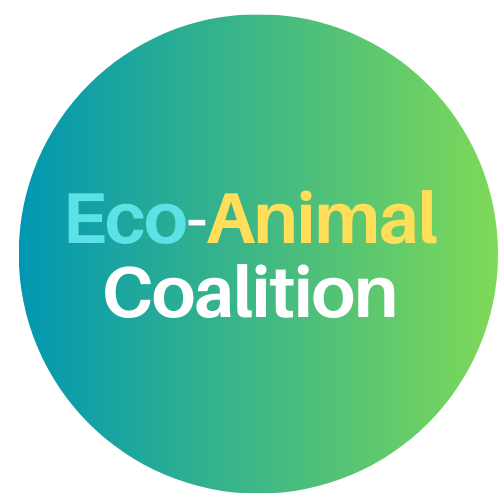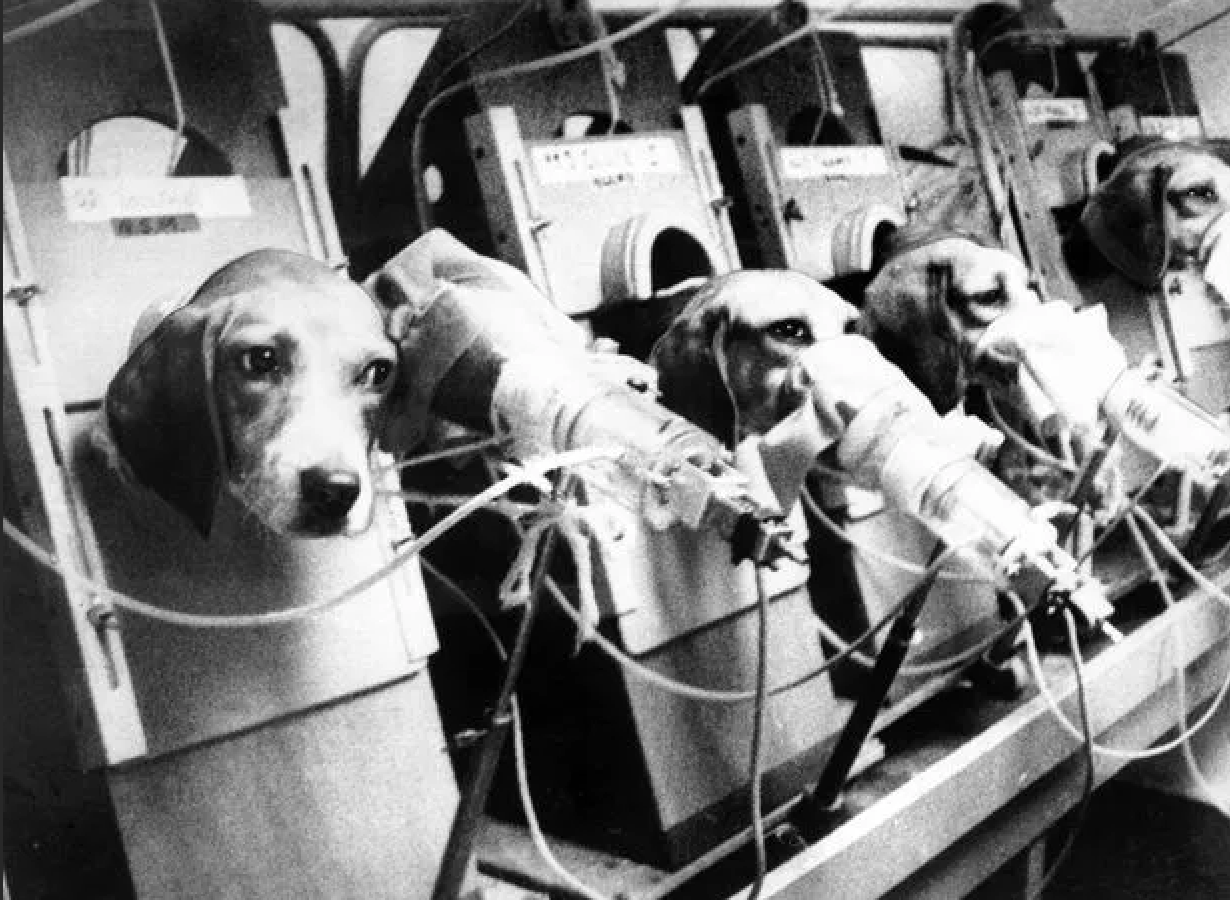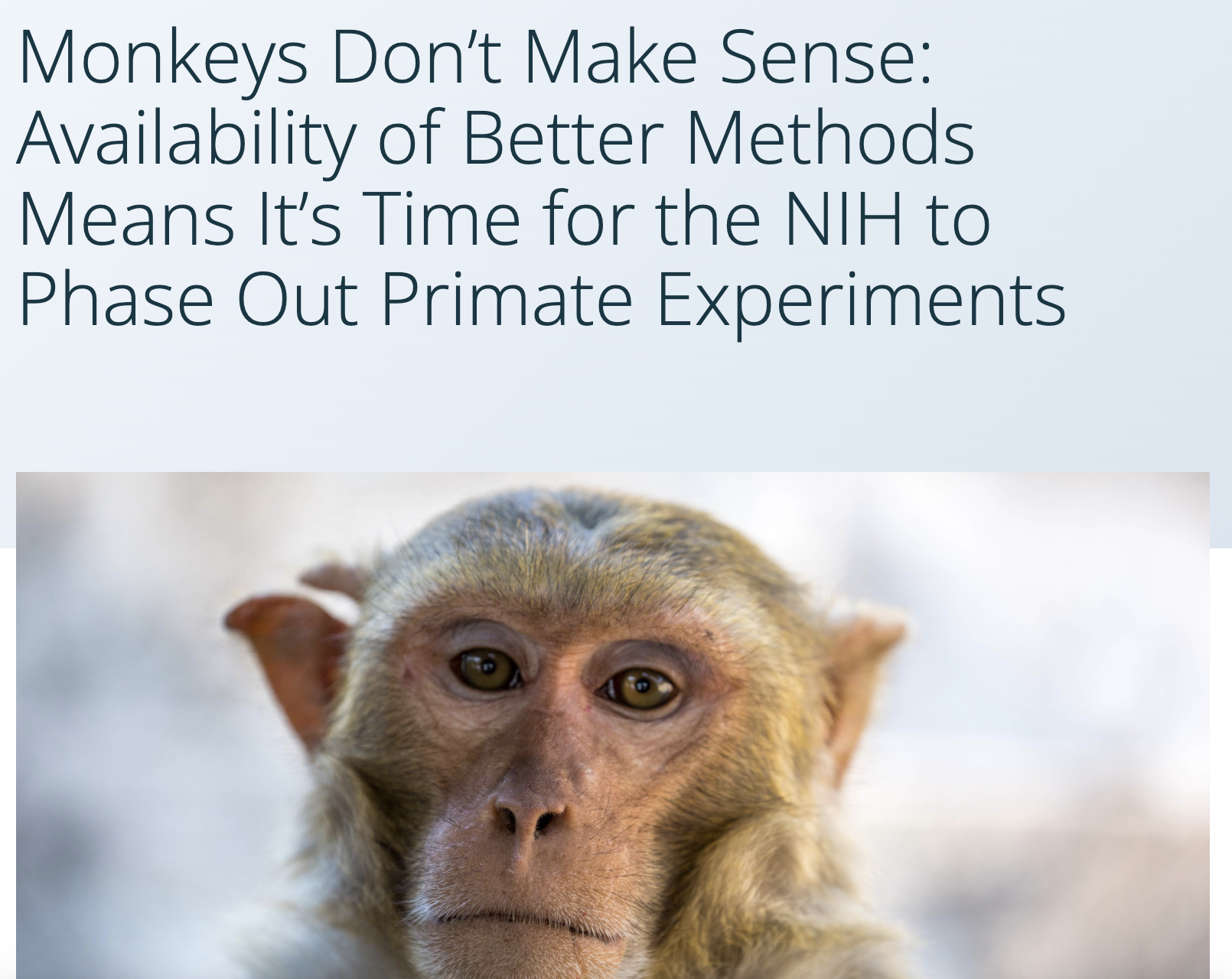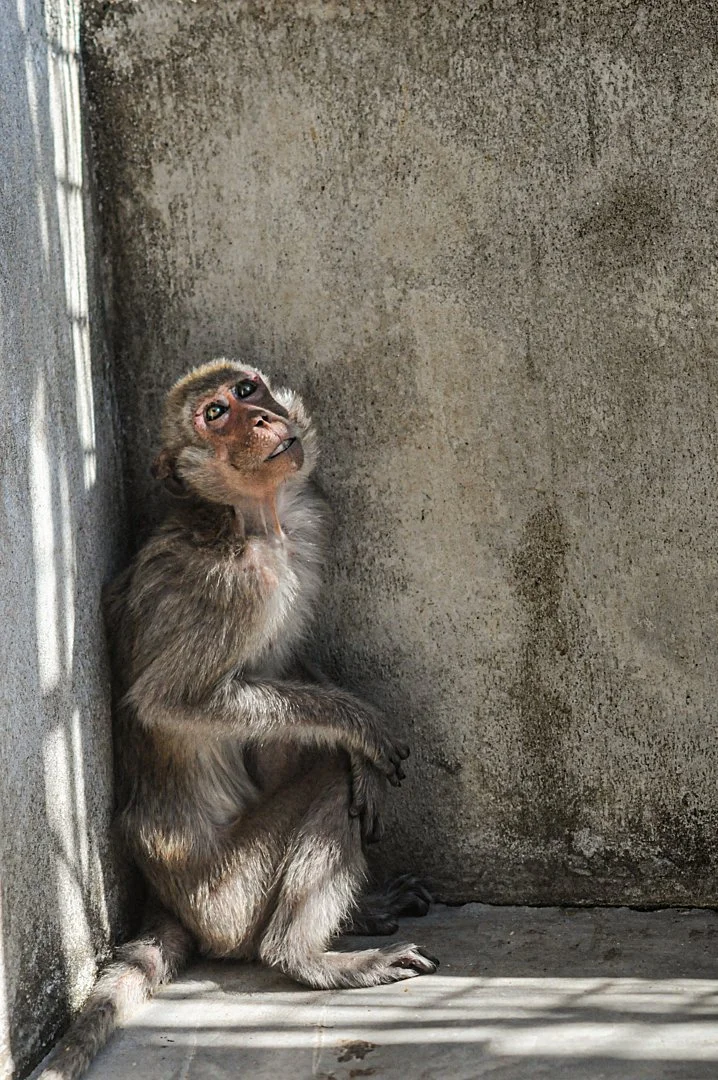A ban on experimentation on dogs, cats, and primates in Boulder
Each year in the U.S. more than 70,000 dogs, 50,000 cats, and 100,000 primates are experimented on. Currently, none of these kinds of animals are used for research in Boulder. This initiative is a proactive measure to ensure that it remains that way, and will also serve as a model to hopefully spread to other cities like Fort Collins where these animals are currently used for research.
Boulder can lead the way forward and become a national leader in cruelty-free science
Advancing Cruelty-Free Science
Advances in science and technology are rapidly making animal experimentation obsolete. Cutting-edge methods such as organ-on-a-chip systems, human cell–based models, high-throughput screening, and computer modeling now allow researchers to study diseases and test treatments using human-relevant biology. These approaches often yield results that are more predictive of human outcomes than animal tests. As public awareness grows and ethical concerns deepen, there's increasing support for transitioning to humane, modern research methods that protect both animals and human health.
We are working to establish a right for dogs, cats, and primates to be free from experimentation within the City of Boulder. Scroll down to find the full text of the proposed legislation.
What is being proposed?
While this would be a proactive measure (as there are currently no dogs, cats, or primates being used for experimentation in Boulder) it is happening nearby in Fort Collins, where dogs are used for experimentation. These animals are regularly used in research labs across the country and around the world, and this measure would ensure it never happens in our city.
Are dogs, cats, or primates currently used for research within the City of Boulder?
A law granting dogs, cats, and primates in the City of Boulder the right not to be subjected to experimentation would help accelerate the shift away from animal testing by setting a powerful ethical and legal precedent. It would position Boulder as a leader in humane science, encourage the adoption of modern, human-relevant research methods, and raise public awareness about the harms and limitations of animal experiments. By prohibiting such testing locally, the law would also place pressure on institutions to invest in alternatives and contribute to a broader cultural and scientific transition toward more compassionate, effective approaches.
How would this initiative help animals used in research?
Want to provide input on shaping this policy? We’d love to hear your thoughts! See the full text of the policy below.
A breeding facility for Macaques used in labs around the world.
Full text of the proposed ordinance:
An Ordinance Prohibiting the Breeding or Possession of Dogs, Cats, and Nonhuman Primates for Research or Experimentation Within the City of Boulder
Section 1. Purpose
The City of Boulder enacts this ordinance to uphold the ethical treatment of animals and reflect community values by prohibiting the breeding or possession of dogs, cats, and nonhuman primates for purposes of research or experimentation within city limits.
Section 2. Definitions
Research or Experimentation: Any medical, surgical, chemical, psychological, or other scientific investigation, testing, or demonstration involving animals.
Nonhuman Primates: All species of primates excluding Homo sapiens.
Section 3. Prohibited Activities
No individual, corporation, or entity shall:
a. Maintain or operate any facility within the City of Boulder where dogs, cats, or nonhuman primates are bred, housed, or possessed for the purpose of research or experimentation.
b. Breed, sell, or transfer dogs, cats, or nonhuman primates within the city for the purpose of research or experimentation.
Section 4. Exceptions
This ordinance does not apply to:
a. Licensed veterinary practices conducting standard medical procedures.
b. Educational institutions using animals for teaching purposes, provided such use complies with all applicable federal and state laws.
c. Facilities conducting behavioral studies that do not involve invasive procedures or harm to the animals.
Section 5. Penalties
Violations of this ordinance may result in:
a. Fines up to $5,000 per offense.
b. Revocation of business licenses.
c. Seizure of animals involved in prohibited activities.
Section 6. Enforcement
The City Manager or their designee shall enforce this ordinance, with support from local law enforcement and animal control agencies.
Section 7. Severability
If any provision of this ordinance is found invalid, the remaining sections shall continue in effect.
Section 8. Effective Date
This ordinance shall take effect 30 days after being passed.




